Exploring the Timeless Traditions of Turkey's Oil Wrestling Festival
When diving into the captivating world of Turkey's Oil Wrestling Festival, one cannot help but be mesmerized by the rich tapestry of traditions that have stood the test of time. This ancient event, steeped in history and cultural significance, continues to enthrall both participants and spectators alike with its unique blend of athleticism, symbolism, and camaraderie.
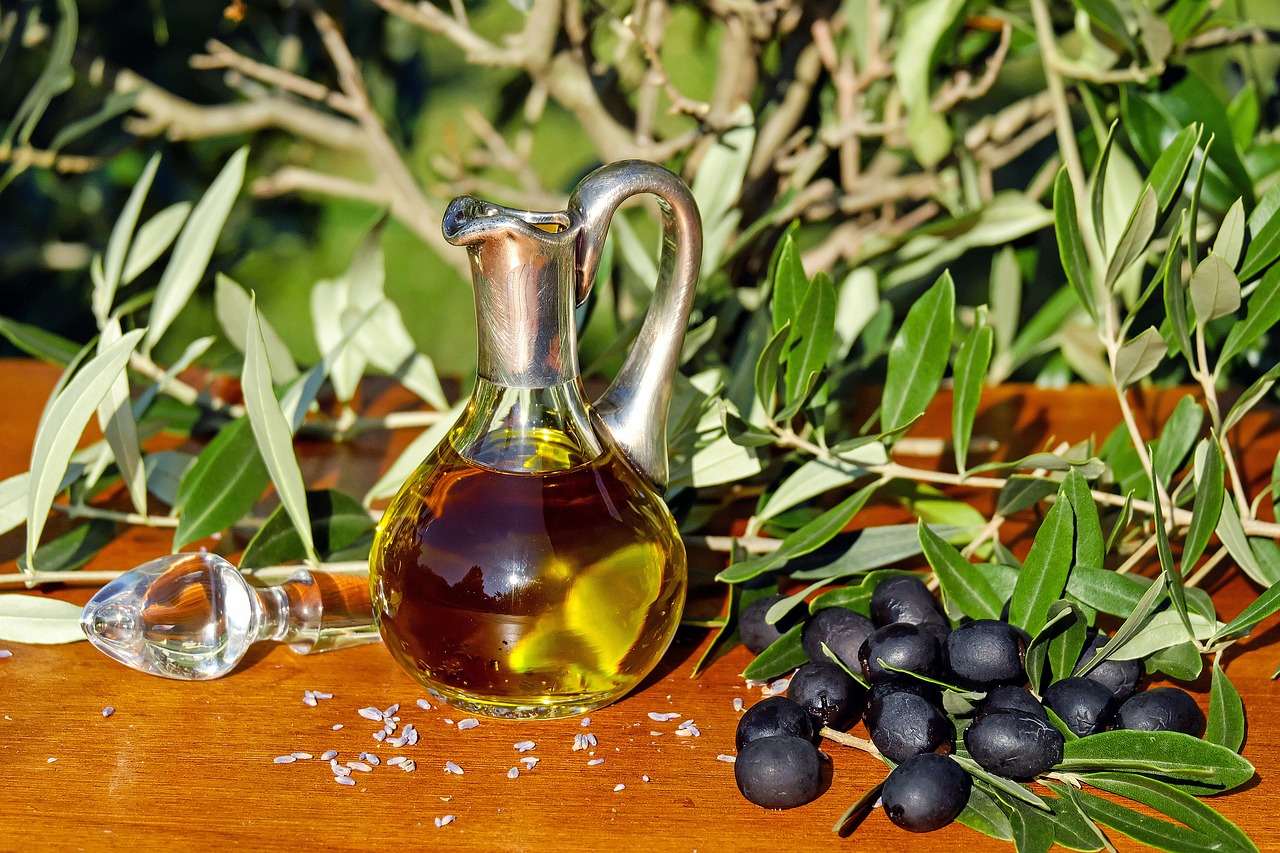
Origins of Oil Wrestling
Discover the rich history and cultural significance of Turkey's Oil Wrestling Festival, a traditional event that dates back centuries and continues to be celebrated with passion and pride in modern times.
Oil wrestling, known as "Yağlı Güreş" in Turkish, has deep roots in the country's history, dating back to ancient times. The origins of this unique sport can be traced to the nomadic Turkic tribes of Central Asia, where it was practiced as a way to showcase strength, agility, and combat skills. Over the centuries, oil wrestling has evolved into a revered tradition that symbolizes the valor and pride of the Turkish people.
The rules and rituals of Turkey's Oil Wrestling Festival are steeped in tradition and symbolism. Before entering the ring, wrestlers don the kispet, a type of leather trousers that are traditionally hand-stitched and custom-made for each competitor. The wrestlers then meticulously oil themselves up, a practice believed to symbolize purification and readiness for battle. Once in the ring, competitors engage in a series of grappling techniques and maneuvers, aiming to pin their opponent to the ground and claim victory.
The wrestlers' attire holds significant cultural importance, with the kispet representing honor and heritage. The process of oiling up before each match is not only a practical necessity but also a ritualistic preparation that connects the wrestlers to their ancestors and the spirit of the sport.
Oil wrestling in Turkey is more than just a physical competition; it embodies profound symbolic meanings and spiritual elements. The sport reflects the values of strength, honor, and brotherhood within Turkish society, emphasizing the importance of resilience and camaraderie in the face of challenges.
In contemporary times, the Oil Wrestling Festival has evolved into a vibrant celebration that blends ancient traditions with modern festivities. The event features lively music, sumptuous Turkish cuisine, and a sense of community spirit that brings people together to honor their heritage and enjoy the thrill of the competition.
Turkey's Oil Wrestling Festival has garnered international acclaim, attracting participants and spectators from diverse backgrounds. The event serves as a cultural bridge, showcasing the rich heritage of Turkish oil wrestling to a global audience and fostering cross-cultural exchanges.
Despite its enduring popularity, Turkey's Oil Wrestling Festival faces challenges and controversies in the modern era. Debates persist regarding the balance between preserving tradition and embracing modernization, as well as concerns about animal welfare issues related to the use of livestock in the event.
Efforts are underway to safeguard and promote the cultural legacy of oil wrestling in Turkey, ensuring that this ancient tradition remains a vibrant part of the country's cultural heritage for generations to come. By preserving the rituals, values, and spirit of oil wrestling, the Turkish people are dedicated to upholding their historical roots and passing down this cherished tradition to future descendants.

Rules and Rituals
When it comes to Turkey's Oil Wrestling Festival, the rules and rituals are as intriguing as the event itself. Wrestlers don't just step into the ring; they immerse themselves in a world where tradition and honor collide. One of the most distinctive aspects of the festival is the preparation of the wrestlers. Before each match, competitors meticulously oil themselves up, a practice that not only makes them slippery but also pays homage to the historical roots of the sport.
The techniques used in the ring are not just about physical prowess; they are a reflection of a wrestler's skill and strategy. From the intricate grips to the strategic movements, every action in the ring is a dance of strength and agility. The wrestlers, clad in their traditional kispet attire, engage in a battle that goes beyond mere physicality; it is a display of tradition, respect, and sportsmanship.
Within the festival, there are specific rules that govern the matches, ensuring fair play and upholding the integrity of the sport. Wrestlers aim to pin their opponents to the ground, with victory achieved by securing a hold known as "pes" on the kispet. The referees, dressed in their own traditional garb, oversee the matches with precision, ensuring that the rules are followed and the spirit of the festival is upheld.
As the wrestlers grapple in the ring, a sense of camaraderie and mutual respect permeates the atmosphere. The festival is not just about competition; it is a celebration of heritage, where participants pay homage to the past while embracing the present. The rules and rituals of Turkey's Oil Wrestling Festival are not just guidelines; they are a testament to the enduring spirit of a tradition that continues to captivate audiences around the world.

Traditional Attire
When it comes to Turkey's Oil Wrestling Festival, the traditional attire worn by the wrestlers plays a significant role in the event's cultural heritage and symbolism. The wrestlers don a unique garment known as the kispet, which is a type of leather trousers that are tight at the waist and thighs but baggy in the legs. These kispets are often handmade and tailored to fit each wrestler perfectly, reflecting the craftsmanship and attention to detail that goes into preparing for the festival.
In addition to the kispet, another essential element of the traditional attire is the practice of oiling up before each match. Wrestlers cover themselves in olive oil, not only to make it more difficult for their opponents to get a grip but also as a ritualistic preparation that symbolizes purification and readiness for the physical and spiritual challenges ahead. The glistening bodies of the wrestlers under the sun create a mesmerizing sight that adds to the spectacle of the event.
The attire worn by the wrestlers is not merely for practical purposes but is deeply rooted in the history and tradition of oil wrestling in Turkey. It serves as a visual representation of the strength and resilience of the participants, embodying the spirit of the sport and the cultural values it upholds. The combination of the kispet and the ritual of oiling up before the match creates a powerful symbol of heritage and identity that is revered by both participants and spectators alike.
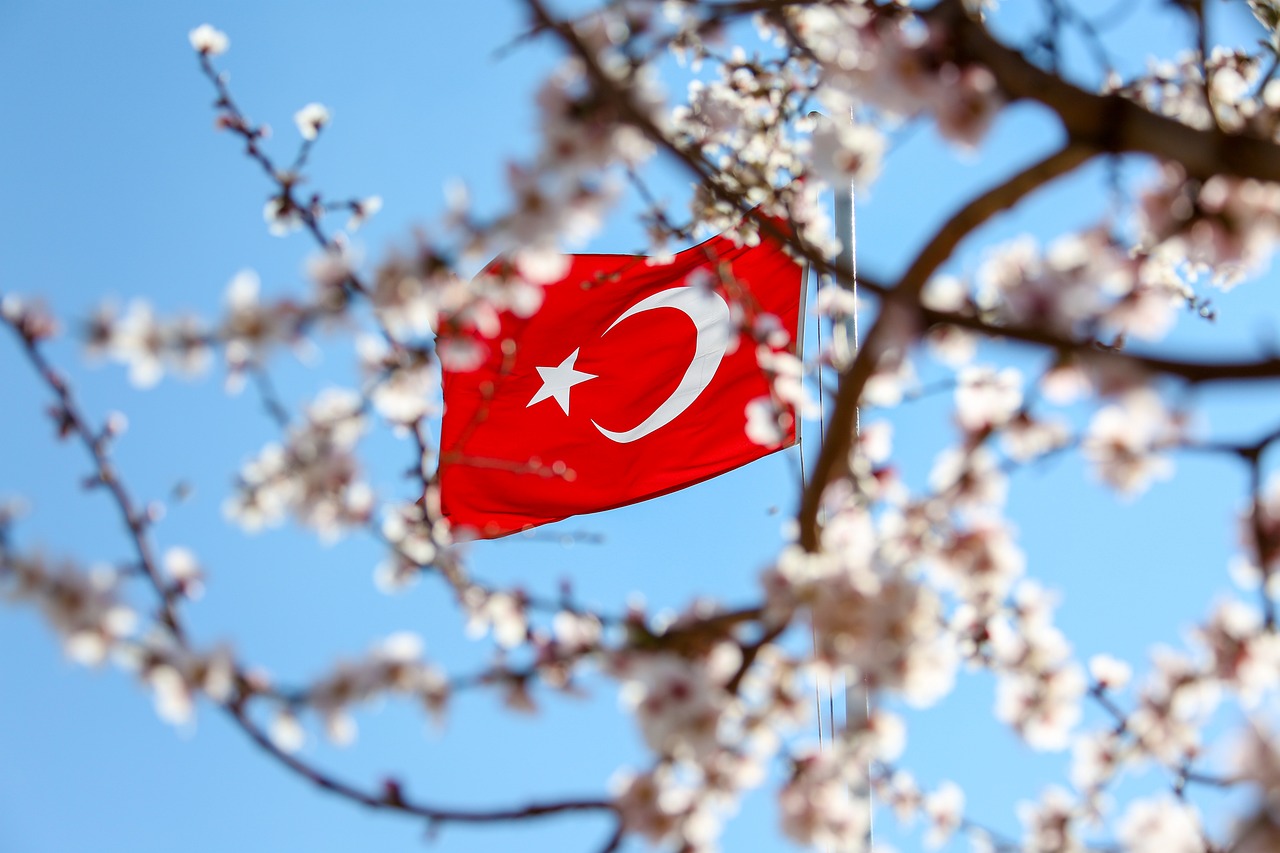
Symbolism and Spirituality
When delving into the world of Turkey's Oil Wrestling Festival, it's essential to grasp the deep symbolism and spirituality that underpins this ancient tradition. Oil wrestling is not merely a physical competition; it embodies profound meanings that resonate throughout Turkish culture. The act of wrestlers oiling up before a match symbolizes a spiritual purification, preparing both body and mind for the intense physical and mental challenges ahead. This ritualistic application of oil serves as a metaphor for the inner strength and resilience required to overcome obstacles in life.
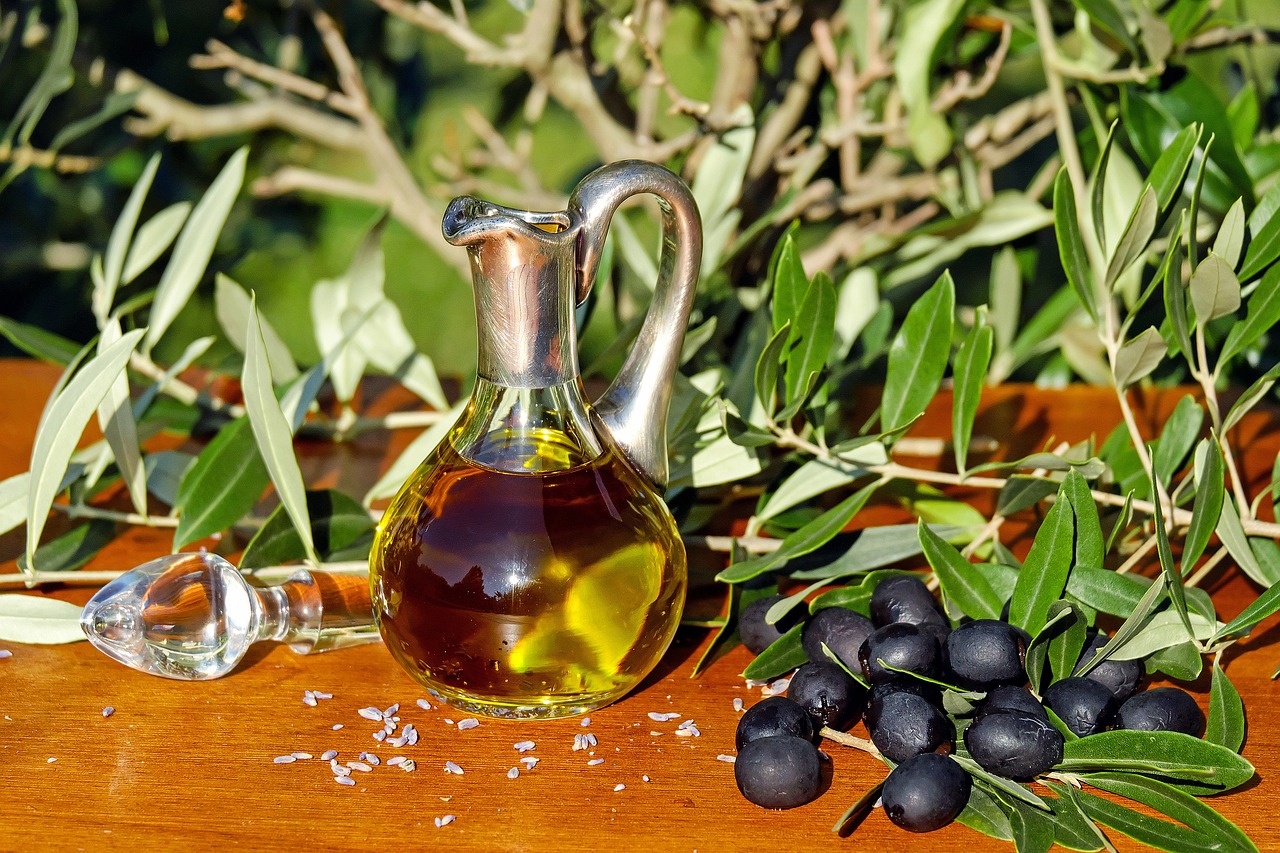
Modern-Day Celebrations
The modern-day celebrations of Turkey's Oil Wrestling Festival are a vibrant display of culture and community. The festival, which has deep roots in Turkish tradition, has evolved over time to incorporate contemporary elements while still honoring its heritage. Today, the event is a lively gathering that brings people together to celebrate the sport of oil wrestling and enjoy the festivities that accompany it.
One of the key aspects of modern-day celebrations is the role of music in setting the festive atmosphere. Traditional Turkish music fills the air, adding a lively soundtrack to the wrestling matches and creating a sense of excitement and energy among participants and spectators alike. The rhythmic beats and melodies enhance the overall experience of the festival, making it a truly immersive cultural event.
Food also plays a central role in the modern celebrations of the Oil Wrestling Festival. Vendors line the festival grounds, offering a variety of traditional Turkish dishes and snacks for attendees to enjoy. From savory kebabs to sweet pastries, the food at the festival is a feast for the senses, allowing visitors to indulge in the rich flavors of Turkish cuisine while soaking in the festive atmosphere.
Community gatherings are another important aspect of the modern-day celebrations. The festival brings people from all walks of life together, creating a sense of unity and camaraderie among attendees. Families, friends, and fellow wrestling enthusiasts gather to cheer on their favorite wrestlers, share meals, and enjoy each other's company in a festive and welcoming environment.
Overall, the modern-day celebrations of Turkey's Oil Wrestling Festival blend traditional elements with contemporary flair, creating a dynamic and engaging event that showcases the rich cultural heritage of the sport. From music and food to community spirit, the festival offers a unique and immersive experience that celebrates the enduring traditions of oil wrestling in Turkey.
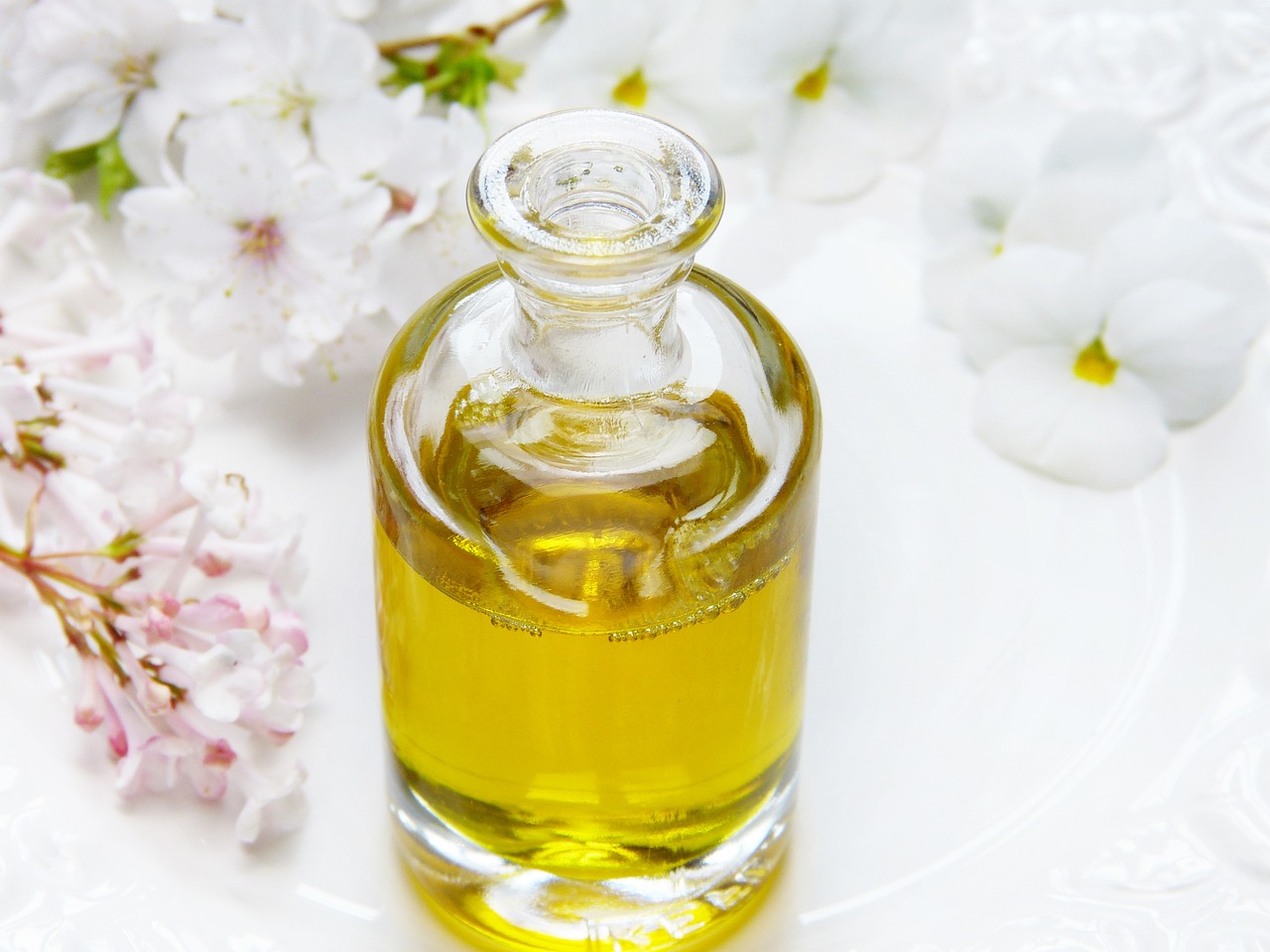
International Influence
The of Turkey's Oil Wrestling Festival has grown significantly in recent years, attracting participants and spectators from around the globe. This traditional event, deeply rooted in Turkish culture, has captured the interest of people beyond the country's borders, becoming a symbol of cultural exchange and sportsmanship.
Participants from various countries now travel to Turkey to take part in the festival, showcasing their skills and experiencing the unique atmosphere of oil wrestling firsthand. The international presence has not only added diversity to the event but has also fostered a sense of unity and mutual respect among participants from different backgrounds.
Moreover, the media coverage and online presence of the Oil Wrestling Festival have contributed to its global recognition, allowing people from around the world to witness the spectacle and understand the cultural significance behind this ancient tradition. Through social media and live streaming, the festival has reached audiences far and wide, sparking interest and admiration for Turkey's rich heritage.
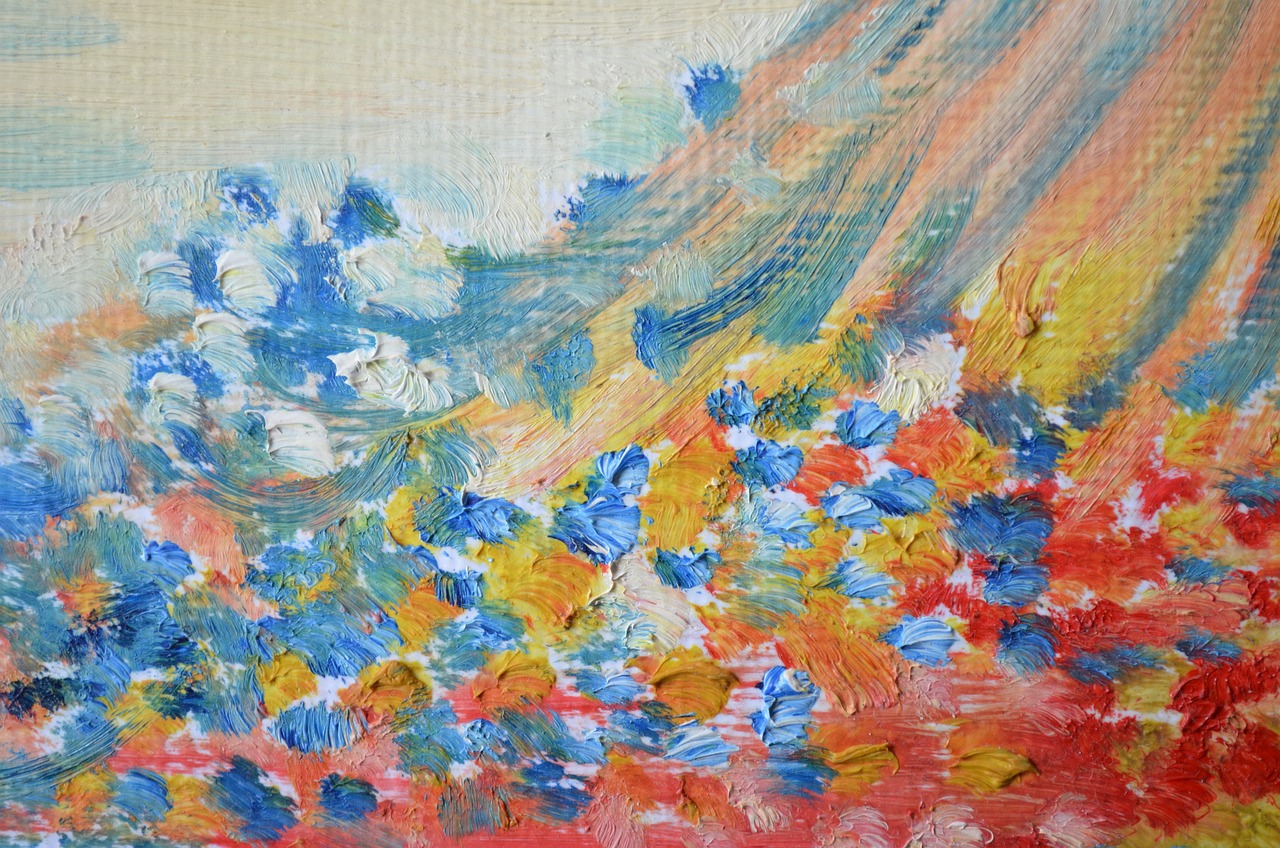
Challenges and Controversies
When it comes to the Oil Wrestling Festival in Turkey, there are various challenges and controversies that have sparked debates and discussions among enthusiasts and critics alike. One of the primary issues facing this traditional event is the ongoing tension between preserving age-old customs and embracing modernization. As society evolves, questions arise about how to balance tradition with the demands of contemporary culture without diluting the essence of the festival.
Another contentious topic surrounding the Oil Wrestling Festival pertains to the treatment of animals involved in the event. The use of bulls during certain rituals has raised concerns among animal rights activists, who argue that such practices may be inhumane and outdated. This ethical dilemma has prompted calls for alternative approaches that uphold the festival's traditions while ensuring the well-being of the animals.
Moreover, the commercialization of the Oil Wrestling Festival has sparked controversy within the community, with some expressing apprehension about the increasing influence of sponsors and advertisers on the event. As the festival gains popularity both locally and internationally, there are fears that its authenticity and cultural significance may be overshadowed by commercial interests, leading to a potential loss of heritage and identity.
Additionally, debates have emerged regarding the inclusivity of the Oil Wrestling Festival and its ability to adapt to a changing society. As the world becomes more interconnected, there are calls for greater diversity and representation within the festival to reflect the multicultural landscape of contemporary Turkey. Balancing tradition with inclusivity poses a challenge for organizers seeking to honor the past while embracing the future.

Preserving Heritage
Preserving the heritage of oil wrestling in Turkey is a paramount task that requires dedication and foresight. Efforts to safeguard this ancient tradition involve a multifaceted approach that encompasses various aspects of cultural preservation. From organizing educational programs and exhibitions to supporting local artisans who craft traditional wrestling attire, initiatives are in place to ensure that the essence of oil wrestling is passed down to future generations. Additionally, collaborations with historians and cultural experts help in documenting the history and significance of the sport, contributing to a comprehensive archive that showcases the evolution of oil wrestling over the centuries.
Frequently Asked Questions
- What is the history behind Turkey's Oil Wrestling Festival?
The Oil Wrestling Festival in Turkey has a rich history dating back centuries. It originated as a way to honor bravery and strength in combat, evolving into a cultural celebration of camaraderie and tradition.
- What is the significance of the wrestlers' traditional attire?
The wrestlers' traditional attire, known as kispet, holds great cultural significance. It symbolizes respect for the sport and its heritage, with the act of oiling up before matches considered a ritual of preparation and purification.
- How is the Oil Wrestling Festival celebrated in modern times?
In contemporary celebrations, the Oil Wrestling Festival combines traditional rituals with modern elements. Music, food, and community gatherings play a significant role, creating a festive atmosphere that attracts participants and spectators from around the world.
- What are some of the challenges facing Turkey's Oil Wrestling Festival?
Challenges include debates over preserving tradition versus embracing modernization, as well as concerns about the treatment of animals involved in the event. Efforts are being made to address these issues while ensuring the festival's cultural heritage is upheld.



















